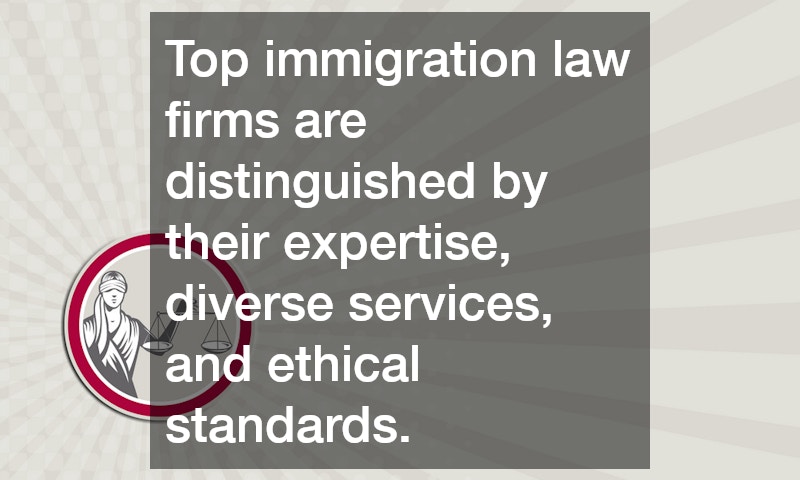Securing a home loan and then settling it in monthly instalments can pose risks, particularly not being able to afford it anymore all of a sudden. To prevent foreclosure of your house , you need to start exploring your other options for paying it off as soon as possible.
Good thing refinancing exists. If you refinance your loan, you’re actually obtaining a new loan to pay off the existing one, and then make monthly payments for this new loan, instead. Refinancing should have less risky terms, such as a lower interest rate, lower monthly payments, and shorter term.
To secure a refinancing loan in Salt Lake City or any other city, reliable mortgage brokers can assist you. That said, here’s everything you need to know about refinancing.
A New Loan to Pay Another Loan
Refinancing is a loan replacement that pays off the unsettled debts of your old loan. In turn, your monthly payments will then be directed to this new loan. As mentioned, it should have more favorable terms; your goal is to be relieved of the excessive burden that your old loan has given you. Though it’s still a debt, at least the amount of its monthly payments are lower, as well as its interest rate. The loan term can be shortened as well.
Refinancing has a number of advantages. You can save money from the smaller interest rates, especially if it’s a long-term loan. Even with large payments, a low interest rate can result in increased savings. Furthermore, the amount of the monthly payments you have to make is also lowered, allowing you to have a budget for more things. You’re also given more time to pay off the new loan in full — combining that with the lower payments, you can definitely manage your finances better.
You also have the option to shorten the terms with refinancing. For example, if the term of your existing home loan is 30 years, then you can refinance it into a 15-year loan term, instead. And if you have more than one debt, refinancing can actually consolidate those into a single debt. In addition, you can also change the loan type you have, from a variable-rate one into a fixed-rate one, for instance.
Factors to Consider Before Refinancing

Closing Costs
Even if refinancing has several advantages in terms of saving money, you have to be aware firsthand that there are still costs involved in securing this loan. These include transfer fees, title insurance, appraisal taxes, and lawyer’s fees. Together, they can add up 3% to 6% to the principal amount.
Hence, be wary of deals without closing costs. It might appear that you’re saving money, but your provider may recuperate those costs by increasing your interest rate.
Length of Stay
Refinancing would be a sensible option if you plan to live in your home for two or more years, especially if your break-even point is within that time period. The break-even point is the figure you’ll get from dividing your closing costs by your savings, which is the amount of money you’re able to save from the lowered interest rates of refinancing.
Private Mortgage Insurance
If your current loan requires you to pay Private Mortgage Insurance (PMI) and your home has at least 20% equity, opt for a refinancing deal that will remove your PMI to be able to increase your savings.
Now that you have a basic understanding of how refinancing works, you can start weighing your options if you’ll go through with this or explore other means. Remember to choose something that will ultimately lead to more savings than debt, and always manage your finances wisely.

